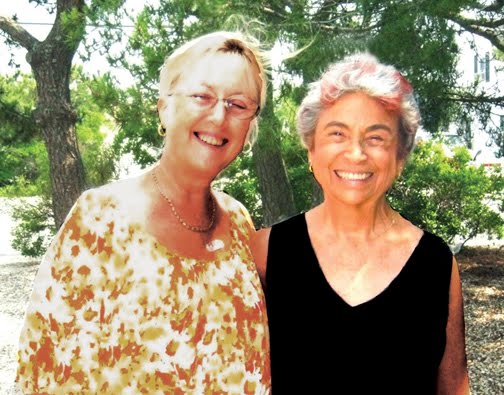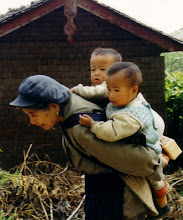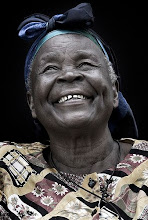This post isn’t about grandparenting – but it affects grandparents. Parents too. In fact everyone. Mark had had a hiatal hernia for some years, which he managed to keep in check with either prescription or over-the-counter medications. Recently, however, it became more troublesome, and his gastrointestinal doctor recommended that he have it surgically repaired. He had the operation two weeks ago, and he is recovering well. However, I want to pass on some of what I learned from the experience.
1) Don’t schedule elective surgery when your own doctor will be out of town. We didn’t learn until Mark tried to schedule his presurgical testing appointment that both his internist and his cardiologist would be out of town the week the surgery would take place. This created a little scheduling glitz, but the more important issue came up when the heart monitor he wore in the hospital seemed to show an arrhythmia. The question arose: Was this something he had had in the past that his doctor was either treating or didn’t consider a problem, or was it something new and therefore more problematic? There was no way we could get this information since both his doctors were away, and as a result the surgeon who was seeing him in the hospital (the doctor who had performed the surgery went away immediately afterwards so his associate whom we had never met was taking care of him) cautiously recommended that he stay in the hospital an extra night. By the following day, the heartbeat seemed normal, the hospital cardiologist said he could go home, and a follow-up visit after his own heart doctor returned reassured us that he was fine. The lesson: Even if surgery is scheduled, if you find out that your own doctors will not be reachable, postpone the surgery.
2) If anyone in your family (including you) needs to be in the hospital for any reason, it's very important to have someone with you, from morning to night if possible, and sometimes even overnight. During a previous stay when Mark received a knee replacement, I was able to keep a nurse from administering a medication that the nurse on the previous shift had already given but had not written down. Also, while patients are recovering from anesthesia they may be a little disoriented and it’s important to have someone to help them be comfortable. The nurses are too busy to be in the patient’s room all the time, and sometimes too busy to come quickly when needed. If the patient’s advocate is there, she or he can go out to get the nurse when necessary.
3) Ask for specific written instructions upon discharge. Mark’s surgeon told me while Mark was in the recovery room (still under anesthesia) that he should first be on a liquid diet and then move to a soft diet. I heard him, but I have to confess that I was distracted by my concern for my husband, and didn’t ask for specifics, like when he could switch from liquid to soft, what constitutes a soft diet, how long he should be on this, and so forth. We also didn’t establish what activities he could do, and how soon. We were confused, since the surgeon’s stand-in gave us some instructions for a low-residue diet (no rice, no bread or rolls), and the hospital meals included those items. When we got home I downloaded a low-residue diet from the Mayo Clinic website, and then asked Mark’s gastrointestinal specialist who had recommended the surgery for a written diet. Between the two, we worked out something that seemed to work, but I should have asked for something before the surgeon left town.
I hope I won't have to use this hard-won knowledge, but if there is another hospital stay in the offing, I think I'll be better prepared.






















.jpg)





.jpg)
.jpg)
.jpg)
.jpg)




.jpg)






.jpg)